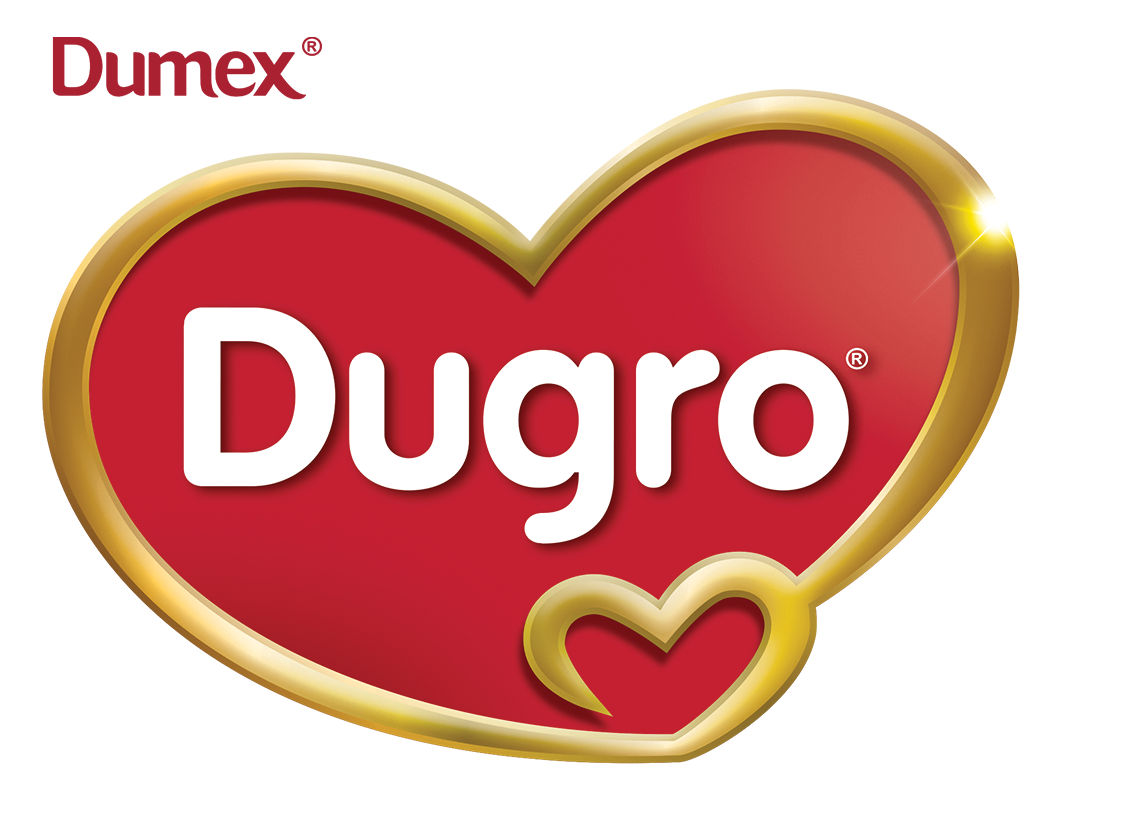Your child's gut does much more than just takes care of digestion and absorption of nutrients - it helps in his total well-being by fulfilling 3 "hero missions". Read on to find out what these hero missions are and how the "tummy soldiers" or the healthy gut microbiotas are an important player in maintaining a healthy gut.
Every time your child smiles or points at something, we bet you end up wondering what is going on in his brain. It is easy to be fascinated by the idea of the millions of connections his brain is making every nanosecond and wonder how that all translates into learning and knowledge for him.
Did you know that your child’s gut, or what we sometimes call tummy, is an equally fascinating terrain?
We know that all mums are concerned about their children's gut health, but mainly only so far as to prevent "tummy troubles". However, mums, you need to know that your child's gut, which is the gastrointestinal tract from the mouth, stomach, small and large intestines to anus, needs your constant care and attention. The gut does much more than to digest and absorb nutrients for growth. It also helps protect your child from infection and works with the brain to keep him happy. A healthy gut is, in fact crucial to your child’s overall health and well-being1.






